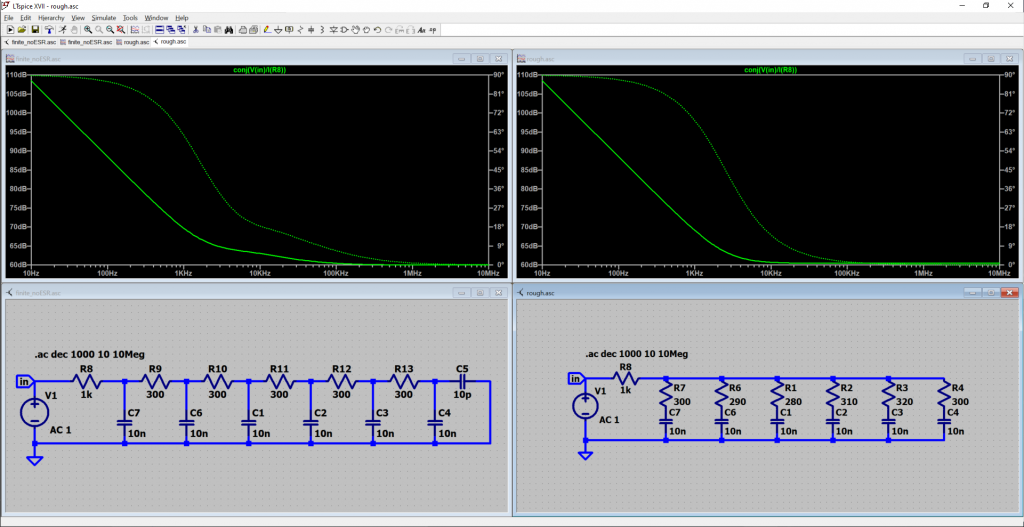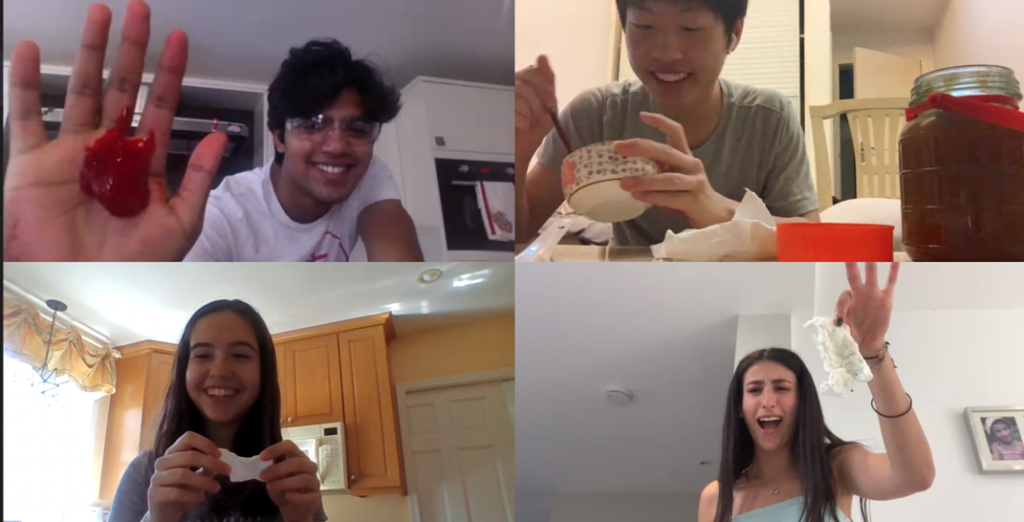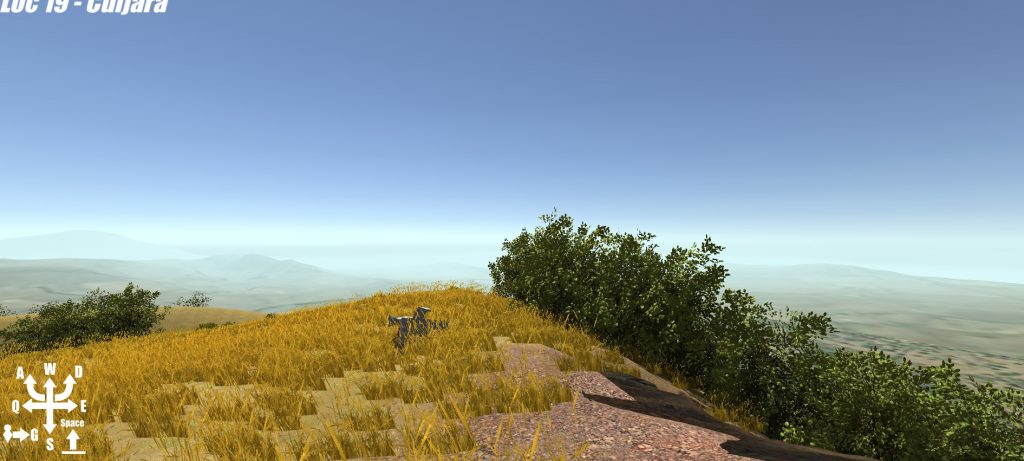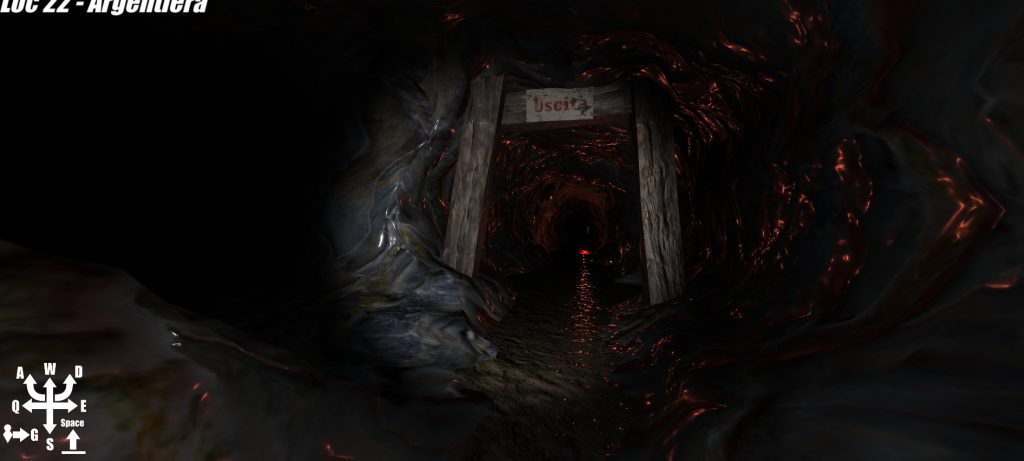Read about Earth Science and Engineering PhD student Jemimah-Sandra Samuel’s experience of completing an internship remotely this summer
One of my goals as a student at Imperial College London is to gain relevant industry work experience. Before this summer, my STEM experiences have been in teaching and tutoring roles, although I have always looked forward to applying my skills and experience in an industry setting. So in my previous years at Imperial College, I attended several career fairs both within and outside the university to increase my insight on the job application and recruitment process in the UK. At the end of 2019, I decided to apply for internship opportunities for the summer of 2020, and I was successful in my application to bp. This past summer, I completed a petroleum engineering virtual internship with bp, an experience that has been truly stimulating and rewarding.
Initially the internship was to be held at one of bp’s sites in the UK, but with the turn of events around the world due to the Covid-19 pandemic, there was a chance that this summer industry experience was not going to come to fruition. Even worse was when bp announced job cuts, as part of their plans to reimagine energy and reinvent bp. On the contrary, all thoughts or fears that the internship could be cancelled were dissipated by the proactive and open responses of bp people and culture team. They kept us up to date at the different phases of the transition to remote working and a virtual internship, even when it was decided that the internship would be shortened. Overall, it was very reassuring to know that bp was continuing with the 2020 summer internship.
In my PhD, I work on reservoir engineering related subjects, so working in a petroleum engineering internship team was a great opportunity to develop petroleum engineering expertise and exposure. I experienced first-hand the fast-paced nature of decision making and implementation of processes in industry in addition to how industry differs from academia with respect to making decisions that maintain the financial bottom line. I got a feel for what it takes to manage one of the world’s supergiant oil fields in the middle east and I added a new petroleum engineering software skill to my technical arsenal, Petroleum Expert’s PROSPER. This is besides other soft skills I picked up during the internship including an agile way of working, working in a diverse team on lots of different fronts, safety in an industry context and specifically to decrease carbon emissions from the upstream hydrocarbon sector. I also took part in training on different topics in the petroleum industry such as net-zero, HC value chain, and personal development on different learning styles, communication and weekly lunch and learn sessions, to mention but a few.
Although the entire internship was virtual, I must say that it did not feel as such. I was part of daily stand up meetings with my immediate team and several other catch-up meetings. bp was indeed inclusive, as I was involved in global and regional asset management meetings from the first week and day, respectively. All the staff I came across were always willing and happy to share their experience and discuss various subjects/topics both technical (for my internship project) and otherwise (company values and goals), including bp CEO, Bernard Looney, and the Upstream Subsurface Lead, Flores Aries.

During the internship, it was very useful to have already been exposed to MS Teams for virtual communication at Imperial. As a PhD student in modelling-based research, I was already working from home through Imperial College’s Remote Desktop Connection, to achieve my research goals. This made it easy to switch to working on the windows virtual desktop that bp provided for interns to work on their internship projects. Furthermore, my participation in the MS Azure AZ course hosted virtually by the Department of Earth Science and Engineering prepared me for using MS Azure virtual desktop (IaaS) during my internship. All these made my technical transition into the virtual internship easy and comfortable.
Having now completed this internship, my appetite has been whetted to take on more responsibility in an industry-based role. I have directly experienced real industry scenarios coupled with my academic experiences, and how being adaptable and flexible are undeniably crucial to being solution-driven in industry roles that are fast-paced and continuously changing in needs. I have now returned to Imperial to complete my PhD with more focus, energy, drive and commitment to making the remaining time count through an agile way of working. And in the next year, I look forward to moving on to work in the industry.




